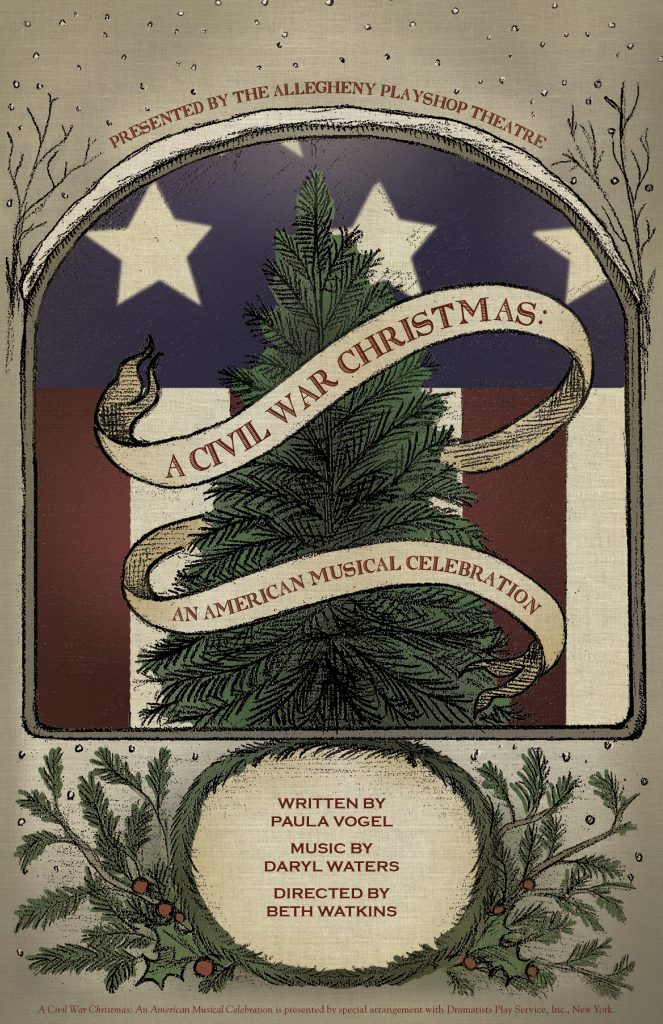What are people reading and hearing about the Zika virus?
How are their behaviors changing as a result?
Those are the questions three Allegheny College professors are asking as part of an interdisciplinary effort here to better understand the global consequences of Zika, a virus at the center of an international public health emergency.
The answers could have profound social and economic ripple effects and change the way society talks about sexually transmitted infections, including Zika, a mosquito-borne virus that can also be spread through sex.
Vesta Silva’s work began this summer.
Silva, an associate professor of communication arts, and student Rachael Robertson ’17 analyzed an archive of American media coverage of Zika, looking for common themes. The stories, they found, focused on personal, not governmental or public, responsibility: Wear long sleeves. Use bug spray. When sexual transmission was part of the message, the message was limited to “Don’t get pregnant,” said Silva, who also teaches in the interdisciplinary Global Health Studies program.
Government officials weren’t talking about what federal, state and local agencies could do beyond insecticide spraying (visual, but not very effective, Silva said) or long-term research and vaccine development. Nor were they discussing direct actions communities could take now with the help of the government or nonprofit agencies, like installing window screens and air conditioning and cleaning up neighborhoods, Silva said.
“It’s not that there’s no role for the individual, but when you’re simply telling the story of individual responsibility and the government is responsible for vaccines only, we lose all sorts of possibilities for slowing the spread of Zika,” she said.
And just as important, what people read, hear and understand about the virus could influence their decisions and behavior.
As Silva was scouring newspapers and websites, Becky Dawson ’00 and Amelia Darrouzet-Nardi, both Allegheny assistant professors of global health studies, were surveying more than 2,000 women of childbearing age who live in states bordering Mexico or in states along the Gulf Coast, the areas in the U.S. most vulnerable to Zika infection.
A short questionnaire asked women about their behaviors and their future plans, whether they were sexually active and whether they planned to have children, among other questions. It also asked what form of birth control they used, if any, and which forms of birth control should be encouraged and used in light of Zika.
Dawson and Darrouzet-Nardi have just started to analyze the results, but answers suggest misconceptions about the virus and how it is spread.
“Our initial findings suggest that among the women who have heard about Zika, fewer than 15 percent are changing their sexual behaviors as a result of the outbreak,” Dawson said. “The number of women who are unaware that Zika can be spread between monogamous partners is staggering. We are also seeing that the majority of women believe that they know how to prevent spread of the disease by avoiding mosquito bites. The level of concern for the disease is lower than we anticipated.”
That could be because public health campaigns have largely focused on mosquito bite prevention. There has been relatively much less education around sexual transmission, and that’s especially problematic when it comes to Zika, Dawson and Darrouzet-Nardi said.
Infection during pregnancy can cause birth defects, including microcephaly, which could have major economic effects on a family.
“Having it happen to you would be so life-changing,” Darrouzet-Nardi said.
It’s also important to talk about sexual transmission because people typically think of sexually transmitted infections as something they’re vulnerable to only if they or their partners are not monogamous, Darrouzet-Nardi said. That’s not the case with Zika. A woman or a man in a monogamous relationship who has been infected through a mosquito bite could pass the virus on to his or her partner.
“Monogamy isn’t protection,” she said.
That’s a game-changer, potentially upending how everyone ought to be talking about sexually transmitted infections and safe sexual practices in the future, Dawson said.
“Now we can pass an infection with enormous consequences between monogamous partners,” she said. “It’s going to revolutionize the way we talk about sex.”
If women do start making family planning decisions based on Zika, the effects on demographics and the economy could be long term and far reaching, Darrouzet-Nardi said.
“Whether and how women attempt to plan pregnancies around various risks is still an empirical question, and the answer is essential for improving global maternal health, birth outcomes, and women’s empowerment. Regular monitoring of family planning decisions and outcomes is essential for understanding the patterns that emerge with respect to infectious diseases or other health threats,” she said.
An interdisciplinary approach to Zika is crucial, Silva said.
“Zika is not a problem that can only be addressed by science, social science or humanities alone,” Silva said. “If we don’t bring all of those perspectives to bear, we’re missing key elements of controlling this outbreak or future outbreaks.”
Source: Academics, Publications & Research



